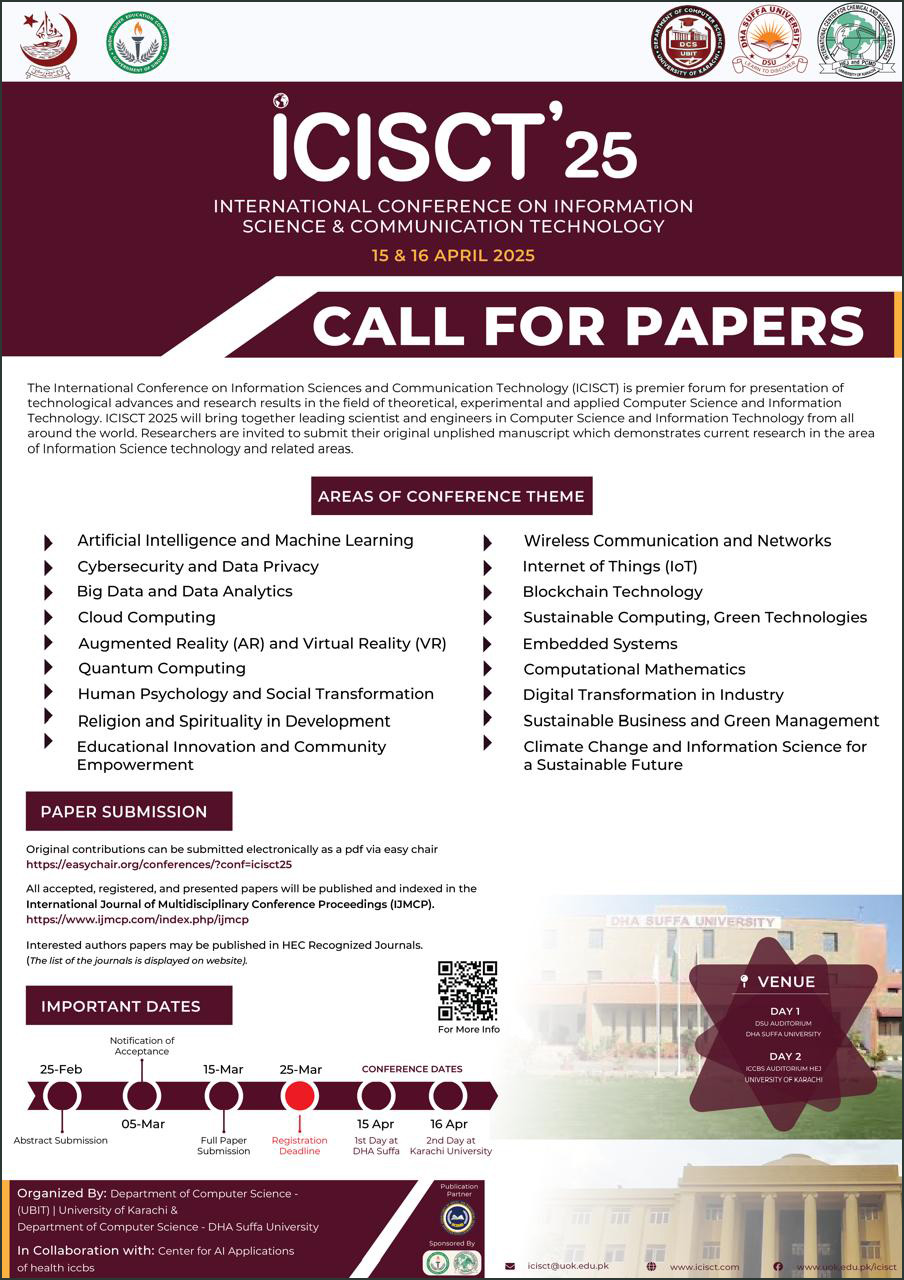Marginalizing Marginalized Individuals: A Study on the Transition of Transgender People as they Age in the State of Punjab
DOI:
https://doi.org/10.61503/cissmp.v3i1.112Keywords:
Marginalized, Transitioning, Transgender, Semi-structured, AlienationAbstract
Transgender individuals in Pakistan encounter distinct societal and economic barriers, which become particularly severe as they age. The elders in this neighborhood face various family and social challenges, health issues, housing limits, and economic concerns that are seldom acknowledged or resolved. This study aims to investigate the challenges faced by elderly transgender individuals within society. The researcher utilized qualitative study to investigate the issues, requirements, and worries of elderly transgender individuals. The researcher employed narrative inquiry to gain a profound grasp of the issue by utilizing storytelling. A purposive sampling technique was used to choose an 11-person sample size, which was then reachable using snowball sampling. Semi-structured in-depth interviews were used to gather the data, and theme analysis was then used to analyze it. The study revealed that the elderly face challenges such as acceptance, discrimination, housing, employment, family and societal rejection, health issues, and lack of caregiving in old age. The researcher suggests that the state should promptly implement a policy to protect transgenders, especially senior transgenders, by offering free health services in specialized units at hospitals, providing free housing, and giving them a stipend determined by the state to prevent feelings of frustration, isolation, and degradation in their old age. The researcher emphasized the need of studying these communities to gain insight into the lives of marginalized transgender individuals.
Downloads
Downloads
Published
Issue
Section
License
Contemporary Issues in Social Sciences and Management Practices (CISSMP) licenses published works under a Creative Commons Attribution-NonCommercial (CC BY-NC) 4.0 license.









